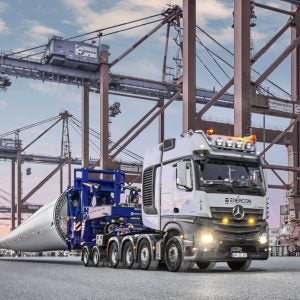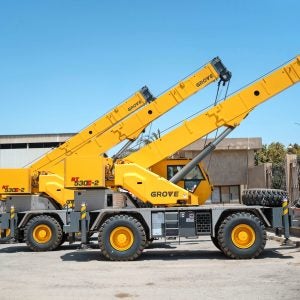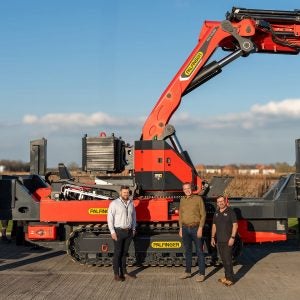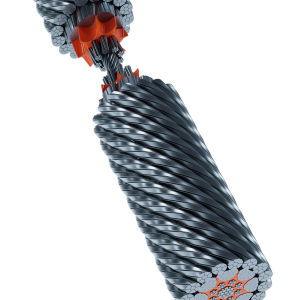Modulift’s training division offers a range of courses, from user and application to lifting and rigging, and has been launched as ‘companies are increasingly aware that they need to comply with health and safety regulations outlined in the UK’s Lifting Operations and Lifting Equipment Regulations 1998 (LOLER)’, Modulift said.
Modulift said this has led to a global demand for professionally trained riggers and lifting managers.
“We are delighted that Modulift are able to offer such services to ensure that firms are lifting in a safe, effective and legitimate manner,” said Nick Latham, Modulift’s chairman and head of training.
“We can provide training to suit a variety of different levels of personnel, from riggers to supervisors and senior management. To enable us to be able to cover a wide range of training requirements, Modulift has devised a series of courses covering a variety of lifting equipment, including our own modular spreader systems.
“Custom training courses are also available to suit the most specific of requirements.
“While LOLER training is used in the UK and is being adopted as the preferred standard worldwide, we are happy to train to any standards that are country- or continent-specific,” Latham added.
Jordan Oil Shale Company (JOSCO), a wholly-owned subsidiary of Royal Dutch Shell, has already put 30 trainees through Modulift’s four-day lifting and rigging practical training course.

Daniel Hooft, head of drilling and logistics at JOSCO, said: “Lifting and hoisting is recognised as one of the highest risk areas in our industry, and one of the greatest causes of incidents that hurt people or damage assets.
“We wanted to address this seriously from the start of our brand-new operation, so that a culture of safe and thoughtful work is instilled in our staff from day one.”
Modulift said existing JOSCO projects were integrated with the training programme, along with Shell lifting procedures.
“The training is a very good mix of theoretical and practical,” said Hooft. “The quality of our goods handling and our awareness of lifting and hoisting issues and opportunities has significantly improved due to this training.”






